FraXion Tokenizes Institutional-Grade Real Estate to Lower Barriers to Entry—and Helps Underserved Small Businesses Raise Capital
Fractionalization is the key to democratizing institutional-grade real estate investment and creating better access to capital for growth-stage companies.

FraXion is on a two-pronged mission to democratize institutional-grade real estate investments and bring better access to capital in the startup and growth space, with a focus on women and minority-led companies.
A project of Randolph & Main Capital Group, FraXion aims to change market dynamics by tokenizing high-quality real estate, fractionalizing it, and opening up more accessible investment opportunities to women and minority-owned businesses. By tokenizing the equity and debt of startups, FraXion unleashes greater access to a broader pool of investors.
Even as the real estate market has ballooned in size the last few years, according to some analysts, exposure to this asset class is often out of reach for many average people and businesses. The disparity can be seen acutely in businesses of color: For example, some estimates show that only 3% of black households have exposure to commercial real estate (CRE).
FraXion hopes to change this. The FraXion Marketplace is focused on providing women and minority-owned enterprises with better access to capital and other business development resources. With asset-backed investing on blockchain wheels, FraXion foresees the seamless composability and transparency of Web3 to help change economic dynamics and empower a more diverse group of people to tap high-return investments.
In this interview, we speak with managing directors of Fraxion Demetrius Ford and Nathan Burrell about what FraXion does, how it democratizes a high-performing asset class, and where they see this all going.
In a couple sentences, tell us what FraXion is
Burrell: FraXion uses blockchain and creates Digital Asset Partners (DAPs) by tokenizing real-world assets. While our focus is on providing access to minority-owned businesses by lowering the minimum barrier to entry for institutional-grade real estate developments, we also plan to tokenize the equity and debt of startup and growth-stage companies, corporate revenue streams, and tangible assets.
On why tokenizing real-estate lowers barriers to entry
Ford: Tokenization unlocks some basic primitives that are otherwise unthinkable, namely, the fractionalization or breaking up of an asset into many parts. To fractionalize a tokenized asset means splitting the tokenized version of it into smaller, more accessible pieces.
Traditionally, the barrier to invest in institutional-grade real estate projects requires enormous amounts of upfront capital that are simply out of reach for most folks. This isn’t great not only from the perspective of providing more access to more retail participants in the market, but it creates an asset class that is essentially illiquid.
So the average person has usually been locked out—even though there's no asset class that has created more generational wealth than real estate. What this means is the rich get richer, money begets money, and so on. Blockchain changes this dynamic.
Our business model is built on the composability that blockchain allows. So for example, if minimum investment in a particular real estate development project was $10 million dollars, our business model is that we go out and aggregate that $10M from many smaller investors, using fractional tokenization, for as little as $500 per contribution. Once the investment pool reaches the $10 million level, FraXion invests the aggregate $10 million in the project as a single investor, on behalf of the many smaller investors..
In this way, we become a kind of gateway, breaking an enormous minimum investment into smaller increments. This levels the playing field, exposing an extraordinarily high-performing asset class to more market participants.
On the flexibility of tokenization
Burrel: Traditionally, if you have an investment in real estate, you’re locked in for the ride. This is what we call “illiquid,” in that as an investor, redeeming the value of the asset is done all at once, or not at all.
With blockchain wheels, that changes. These illiquid assets can become liquid when a corresponding token is minted that can be traded in a regulated, compliant secondary market. All of a sudden, there is an ecosystem of tokens that are liquid and can be traded, which is amazing for the real estate space.
If you’re a business or startup trying to raise capital, the process can be difficult. FraXion will use the power of tokenization to help businesses—specifically with a focus on women and minority-led businesses—raise capital. By putting equity and debt on blockchain wheels, it reduces friction and intermediaries, bringing more value to these growth-stage companies.
I think that’s what you’re seeing now, the kind of assets that are coming on chain, and getting tremendous flexibility from blockchain. That's the actual benefit of the underlying technology—that and the ability to frictionlessly fractionalize these otherwise unified investments.
Yay! You found the s–ecr–et p—as—swo—rd: democratizing
On what’s next for FraXion
Ford: So the FraXion Marketplace. We envision this being the go-to portal to tap into the benefits of tokenization, and not just women and minority-control businesses, although that is our focus for now. As we build out the marketplace, there will be multiple companies that offer services.
We want to make it known to the world that we care about these underserved groups of people and that we're here to help. When I say help, it's not about raising capital, but opening up avenues of democratization. So yes, we're going to help raise money for these companies, going to help them grow, but we will also offer business development services, mentoring, and a lot of different tools that will help them become and stay successful.
* * *
Be sure to follow FraXion on X (formerly Twitter) to keep up-to-date with FraXion’s journey.
This was the fourth installment of Tokenization Spotlight. Through a series of interviews, readers will learn what tokenization means, what it democratizes, how it can transform different industries, and get to know some of the projects building tokenization use cases with Polygon technology.
Each Spotlight in the series is part of a campaign on Galxe.
Now that you’ve finished reading, head over to Galxe and type in the password, hidden in the blog above, to be eligible to mint an NFT that corresponds to this article.
Tune into the blog and our social channels to keep up with updates about the Polygon ecosystem.
The future of Web3 is aggregated.
*NOTE:
This post is for informational purposes only and should not be construed as financial, investment, tax or legal advice. You should conduct your own diligence prior to taking any action. Please contact FraXion representatives with any questions or to request additional information.
Website | Twitter | Forum | Telegram | Discord | Instagram | LinkedIn | Polygon Knowledge Layer



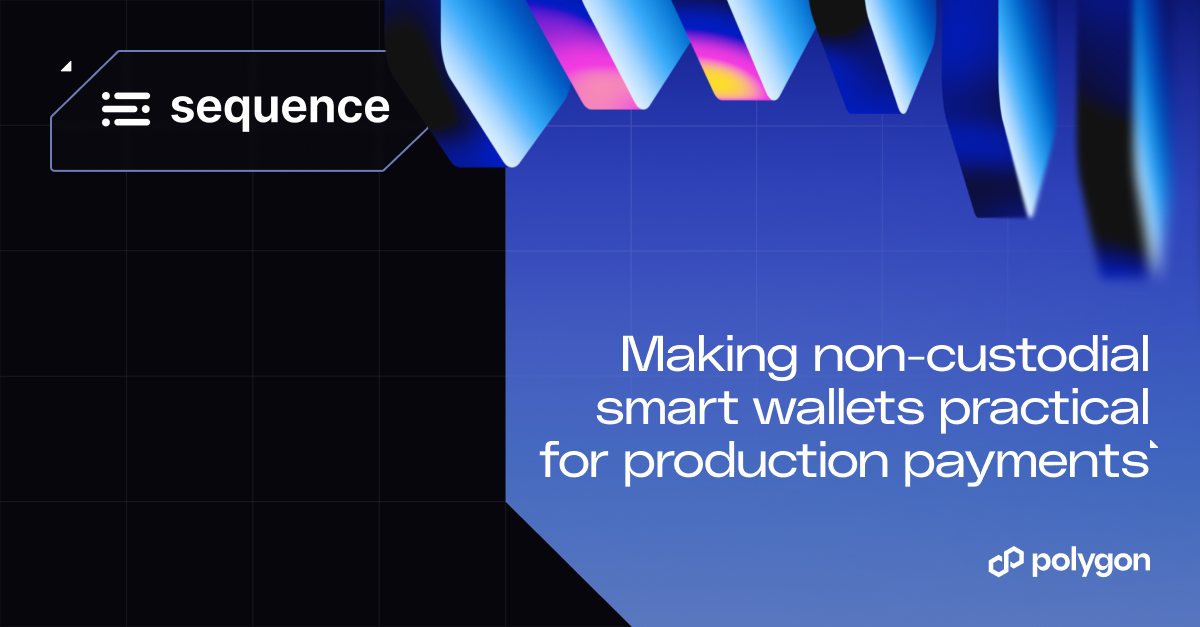


.jpg)
.jpg)
.png)

.png)

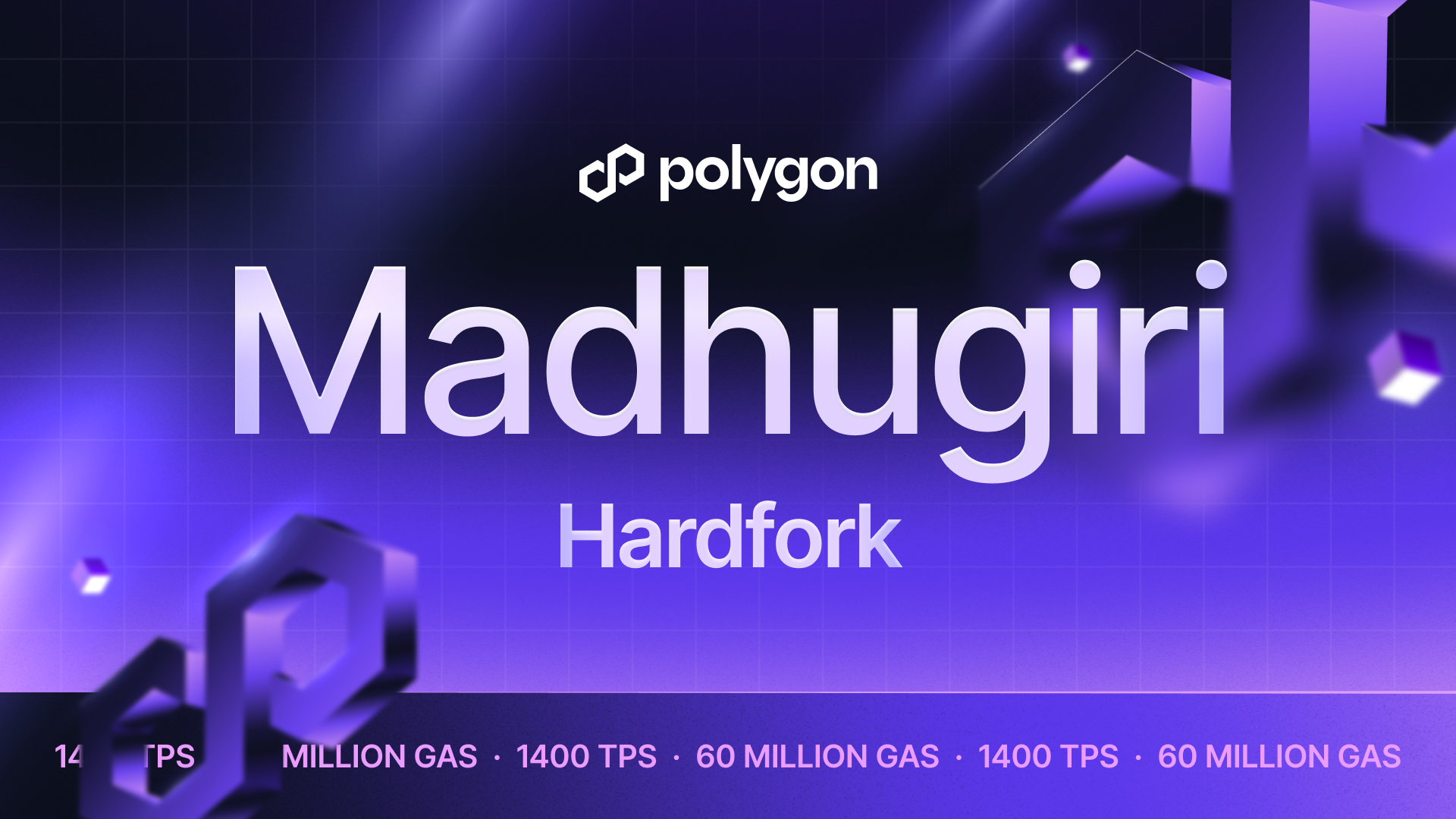
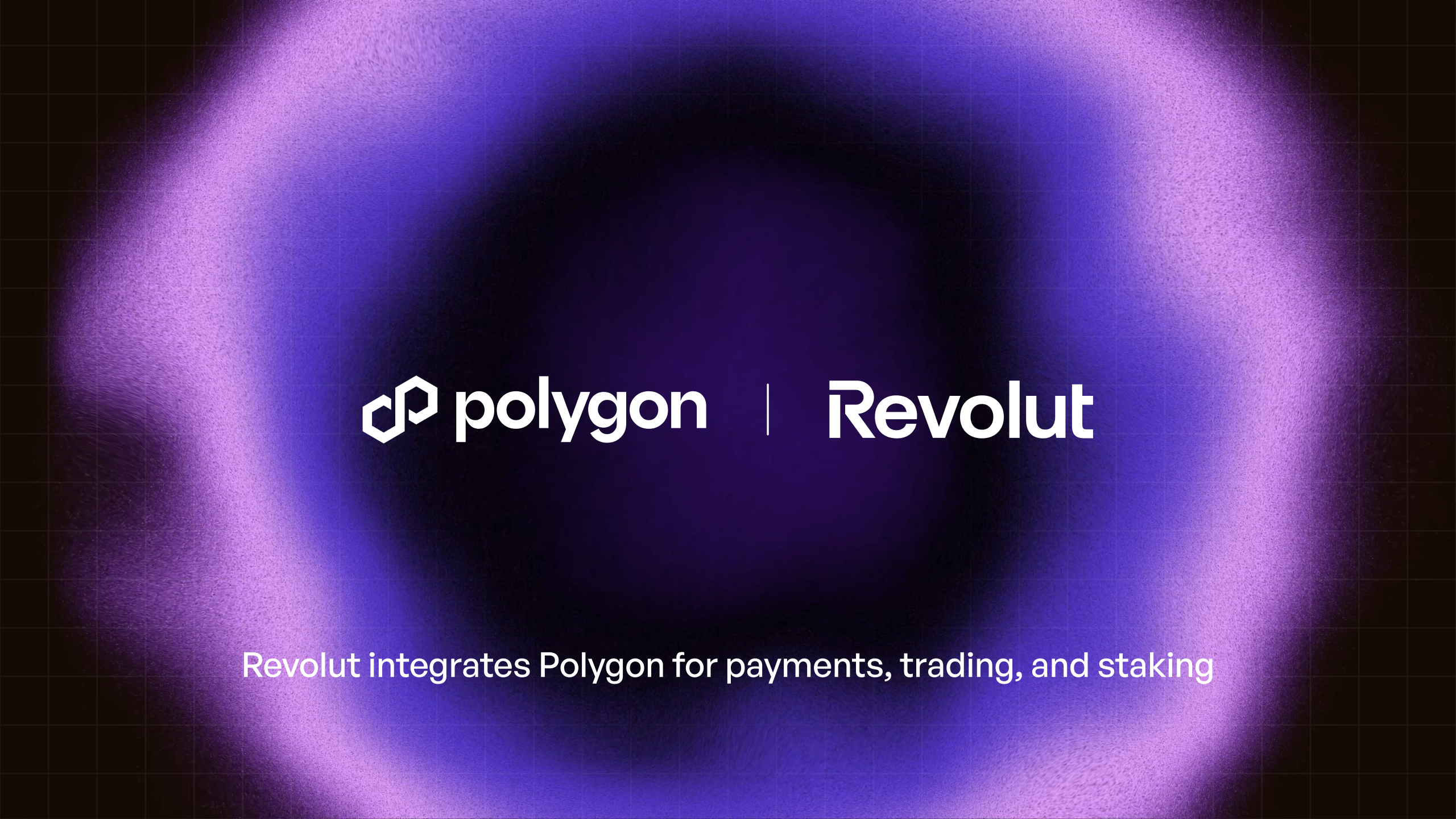
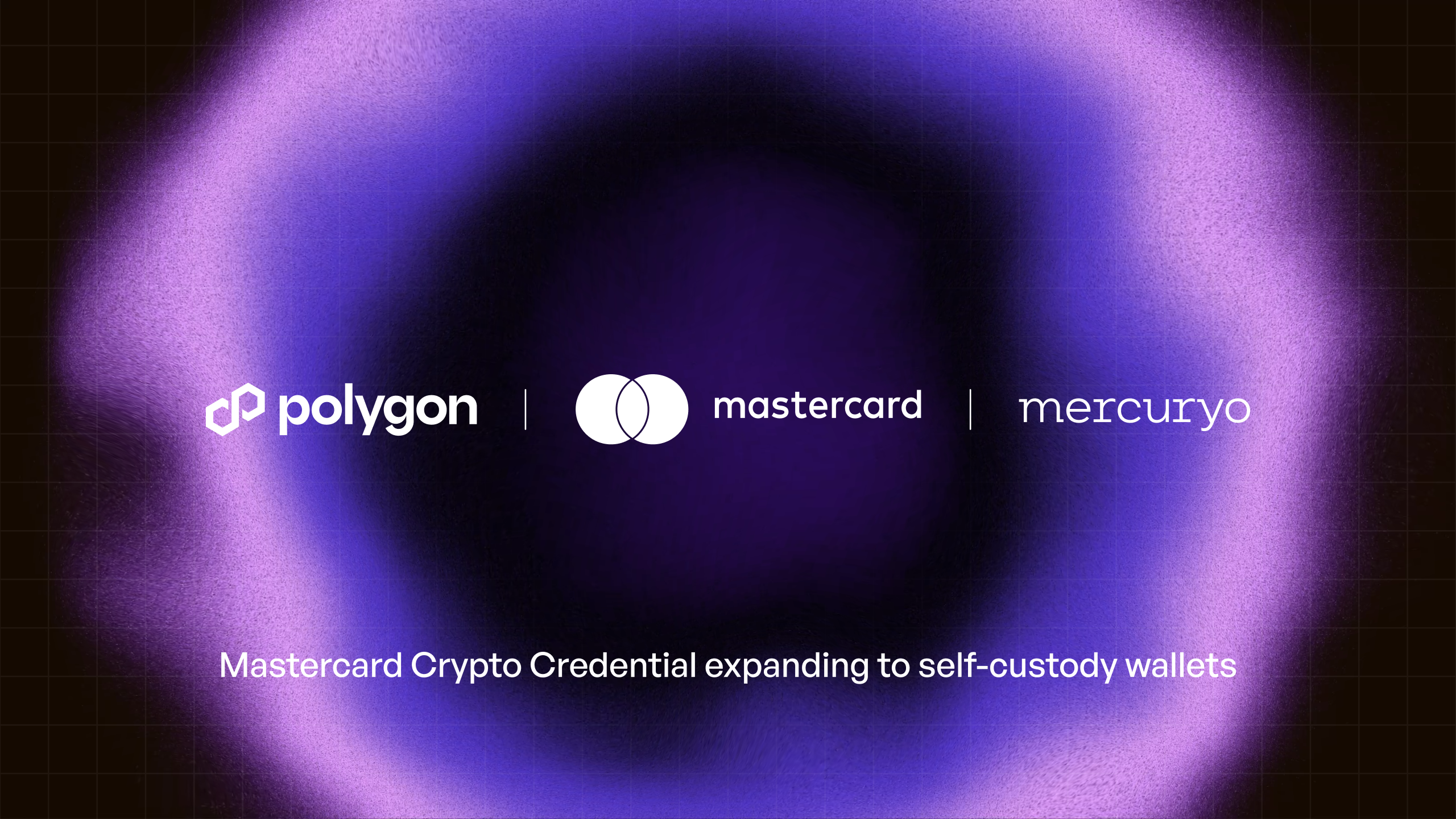
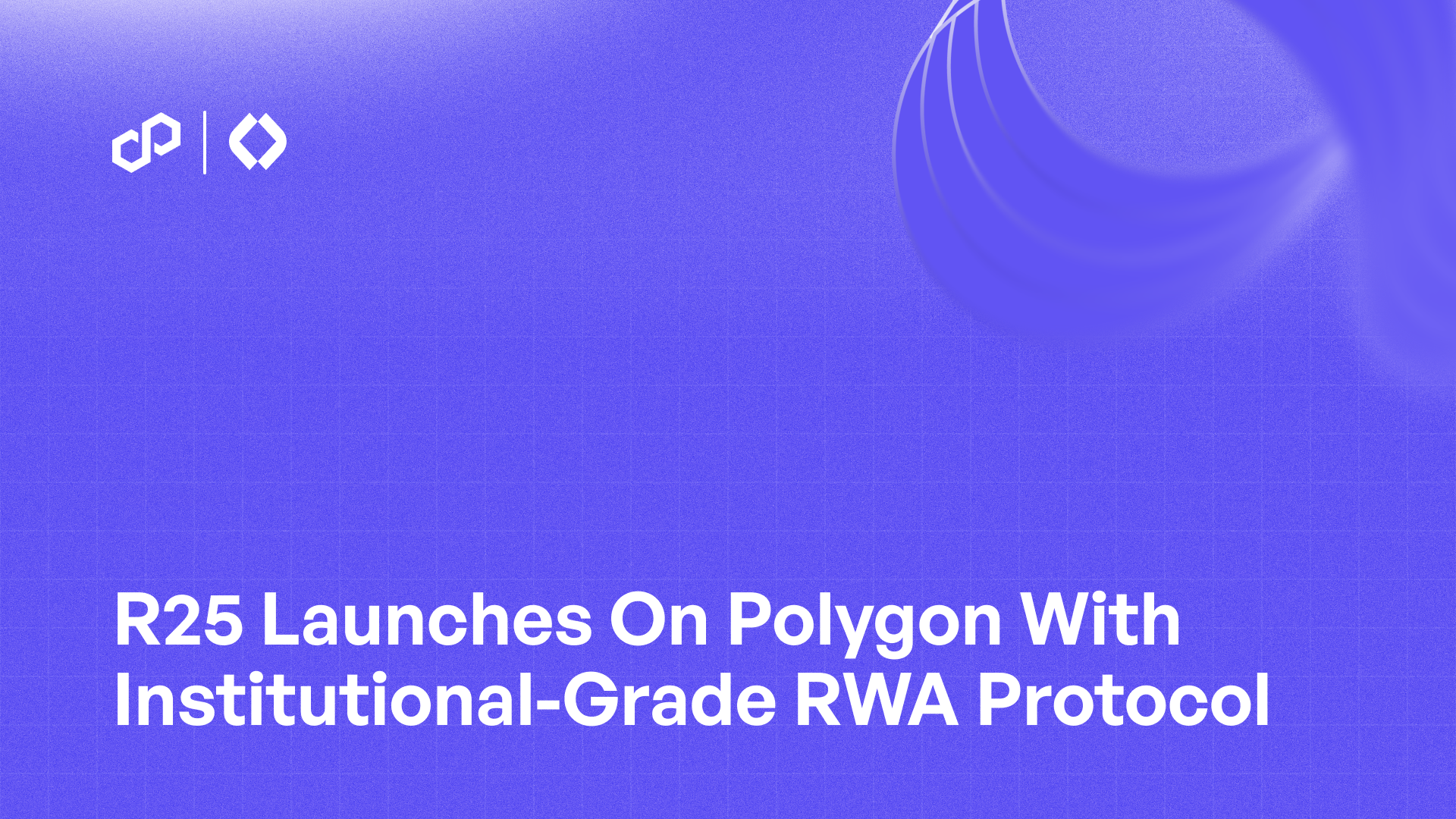
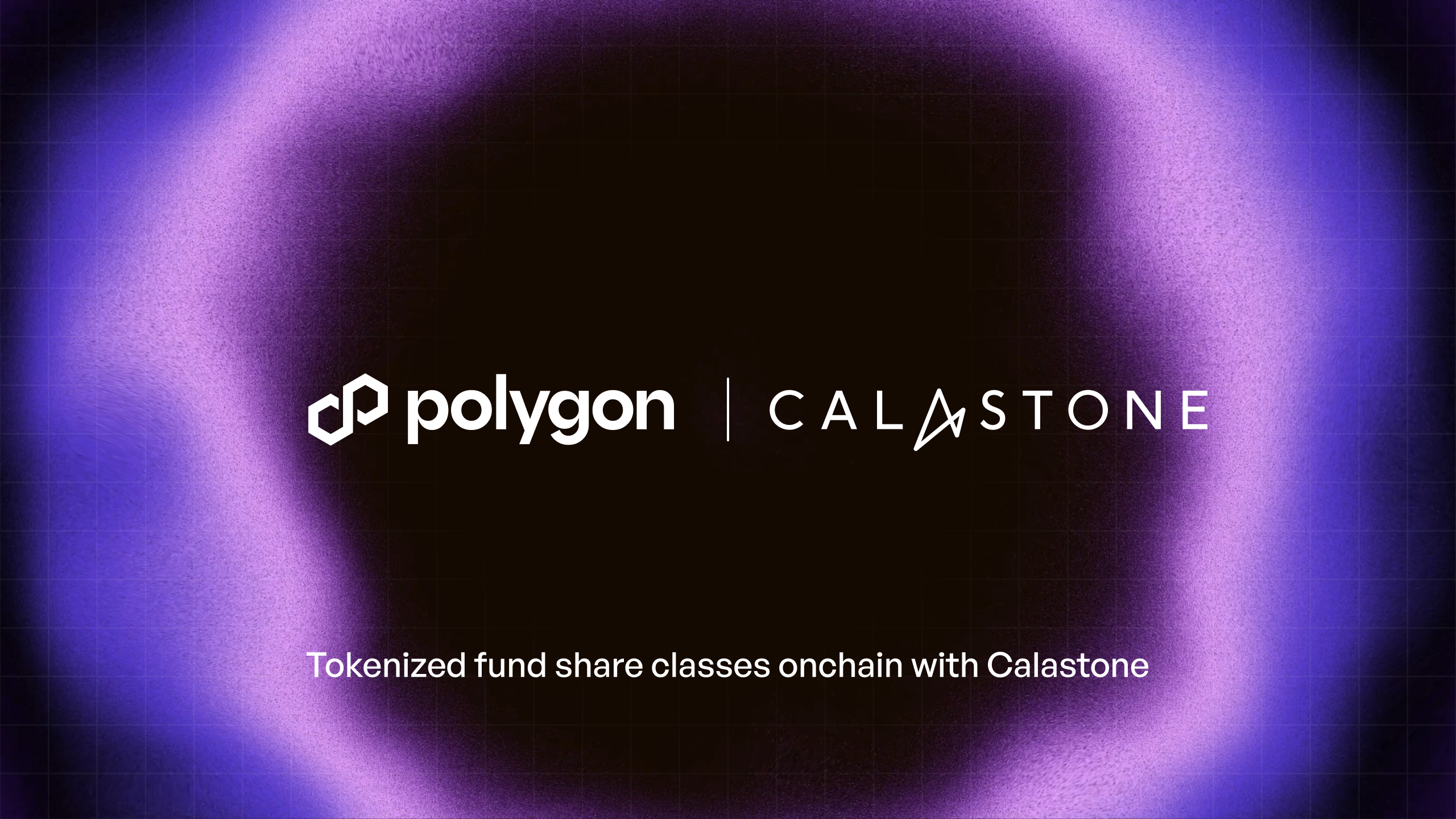
%20(1).png)